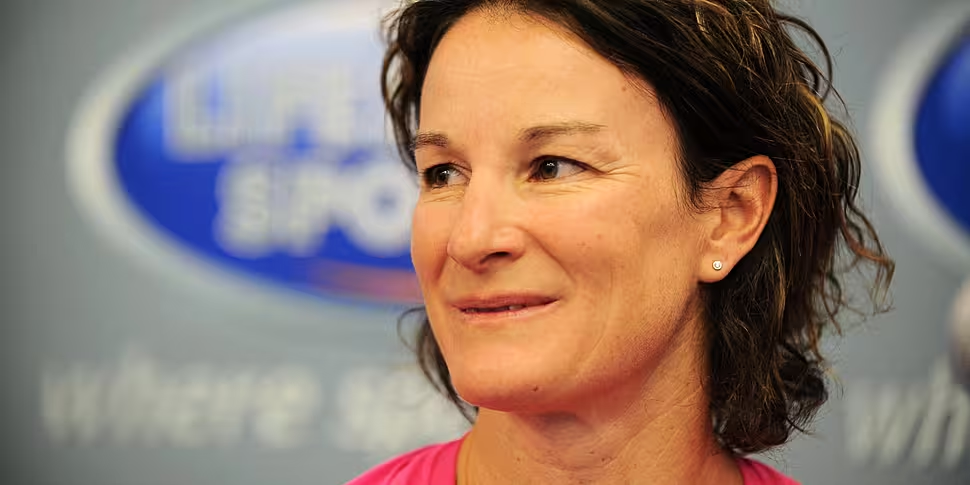Excluding male-to-female transgender athletes is 'a good call' by the World Athletics Council.
That's according to World Champion and Irish Olympian Sonia O'Sullivan.
She was speaking as the council agreed to exclude male-to-female transgender athletes who have been through male puberty from female World Rankings competition from March 31st.
"However, there are currently no transgender athletes competing internationally in athletics and consequently no athletics-specific evidence of the impact these athletes would have on the fairness of female competition in athletics," it said.
"In these circumstances, the Council decided to prioritise fairness and the integrity of the female competition before inclusion," the council added.
Ms O'Sullivan told The Hard Shoulder this makes sense.
"I think ultimately it's a good call," she said.
"They're trying to just be a couple of steps ahead from where, in previous years, when they had to deal with DSD [Differences of Sexual Development] athletes - they were a few steps behind.
"I think they're kind of working ahead of themselves this time around.
"The bottom line really is to protect the female category of the sport at world athletics.
"It's all about the physical differences between females and transgender male-to-female people.
"It's not a fair competition if you have those people competing against each other".
DSD athletes
DSD refers to female athletes who naturally produce more testosterone in their bodies than other women.
The new regulations will require any such athletes to reduce testosterone levels below a limit of 2.5 nmol/L, for a minimum of 24 months, to compete in the female category.
Ms O'Sullivan said DSD athletes are not comparable to transgender ones.
"It's a totally different situation: transgender athletes to DSD athletes," she said.
"They're not really comparable, but I suppose the way the situations were dealt with wasn't dealt with very well for the SDS athletes.
"That's how they were born, they were naturally like that.
"For transgender athletes then, they made the decision to be who they want to identify as.
"Coming with the attributes and the physicalities of a male athlete, then that's a huge disadvantage for female-born athletes.
"I think the decision is good, what the World Athletics have done, but I don't think we need to shout too loud about it because it's a small number," she added.
The World Athletics Council also reaffirmed a decision, originally made in March 2022, to exclude Russian and Belarusian athletes due to the invasion of Ukraine.
Listen back to the full interview below:









